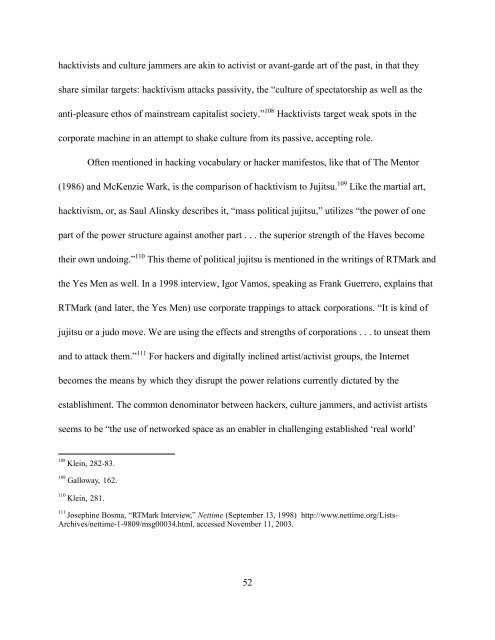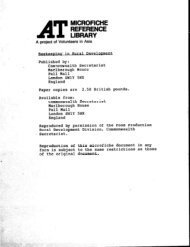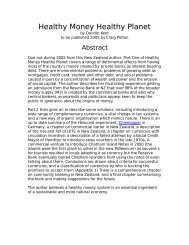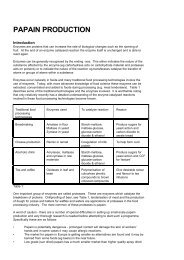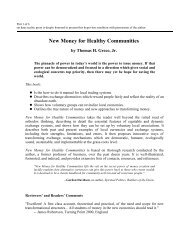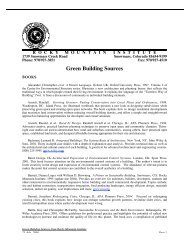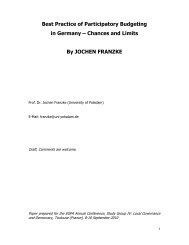THE YES MEN AND ACTIVISM IN THE INFORMATION ... - Index of
THE YES MEN AND ACTIVISM IN THE INFORMATION ... - Index of
THE YES MEN AND ACTIVISM IN THE INFORMATION ... - Index of
You also want an ePaper? Increase the reach of your titles
YUMPU automatically turns print PDFs into web optimized ePapers that Google loves.
hacktivists and culture jammers are akin to activist or avant-garde art <strong>of</strong> the past, in that they<br />
share similar targets: hacktivism attacks passivity, the “culture <strong>of</strong> spectatorship as well as the<br />
anti-pleasure ethos <strong>of</strong> mainstream capitalist society.” 108 Hacktivists target weak spots in the<br />
corporate machine in an attempt to shake culture from its passive, accepting role.<br />
Often mentioned in hacking vocabulary or hacker manifestos, like that <strong>of</strong> The Mentor<br />
(1986) and McKenzie Wark, is the comparison <strong>of</strong> hacktivism to Jujitsu. 109 Like the martial art,<br />
hacktivism, or, as Saul Alinsky describes it, “mass political jujitsu,” utilizes “the power <strong>of</strong> one<br />
part <strong>of</strong> the power structure against another part . . . the superior strength <strong>of</strong> the Haves become<br />
their own undoing.” 110 This theme <strong>of</strong> political jujitsu is mentioned in the writings <strong>of</strong> RTMark and<br />
the Yes Men as well. In a 1998 interview, Igor Vamos, speaking as Frank Guerrero, explains that<br />
RTMark (and later, the Yes Men) use corporate trappings to attack corporations. “It is kind <strong>of</strong><br />
jujitsu or a judo move. We are using the effects and strengths <strong>of</strong> corporations . . . to unseat them<br />
and to attack them.” 111 For hackers and digitally inclined artist/activist groups, the Internet<br />
becomes the means by which they disrupt the power relations currently dictated by the<br />
establishment. The common denominator between hackers, culture jammers, and activist artists<br />
seems to be “the use <strong>of</strong> networked space as an enabler in challenging established ‘real world’<br />
108 Klein, 282-83.<br />
109 Galloway, 162.<br />
110 Klein, 281.<br />
111 Josephine Bosma, “RTMark Interview,” Nettime (September 13, 1998) http://www.nettime.org/Lists-<br />
Archives/nettime-1-9809/msg00034.html, accessed November 11, 2003.<br />
52


